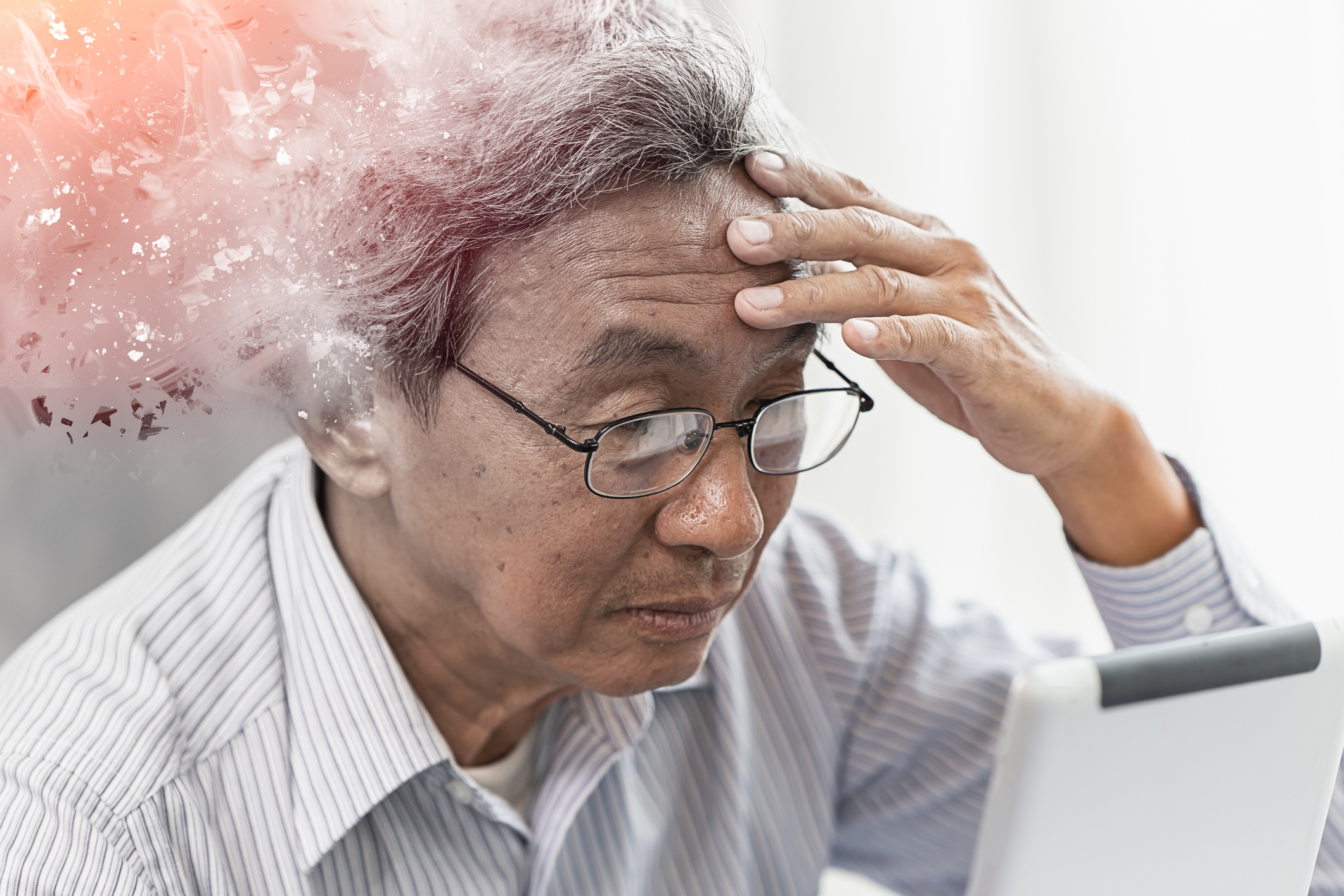As we grow older, our ability to process stimuli changes, which often impacts our capacity to remember important information, learn how to do new things and the speed at which we take in and process information. This cognitive decline can feel discouraging, especially when you compare your cognitive abilities as a senior to how it was when you were younger. However, understanding how to recognize the early signs and symptoms of cognitive decline is essential for improving it, preventing it, and maintaining quality mental health and well-being. In this blog, we’ll talk about how!
What is Age-Related Cognitive Decline?
Before jumping into how to treat cognitive decline, let’s first run through what this is. Age-related cognitive decline can be described as the gradual changes in cognitive abilities that happen as part of the aging process. Other cognitive issues, like dementia and Alzheimer’s disease, count as more severe and progressive impairments. And, although these disorders are also fairly common, they aren’t a part of “natural aging.”
Common cognitive changes, or cognitive decline, include:
- Slower information recall, which happens when seniors take longer to remember names or facts. It’s like when you have a fact or thought at the “tip of your tongue,” but just can’t seem to grasp it quickly.
- Mild forgetfulness occurs when seniors forget where they placed certain items or miss appointments.
What Age Does Cognitive Decline Start?
The age at which cognitive decline starts may be different for each individual, but it typically begins during one’s 60s [5]. Multiple factors may influence how slow or fast one develops cognitive decline, including lifestyle and genetics. For example, a healthy and active lifestyle, in which one reads often, engages in engaging conversations, and regularly participates in physical activities can delay cognitive decline [6]. Additionally, a family history of cognitive issues may increase risk and onset [7].
Age-Related Cognitive Decline vs. Dementia
Many people are confused about age-related cognitive decline and dementia, and this is understandable. Both dementia and cognitive decline involve memory issues, which is why they are confused. However, it is important to understand how they differ.
Dementia is more severe than cognitive decline. Age-related cognitive decline tends to be mild and does not impair the individual greatly in their everyday life [8]. Sure, they may forget where they placed their watch or have trouble multitasking, but they can remember how to dress and feed themselves, how to get back to their home, and important identifying information about themselves, which often sets them apart from those suffering from dementia. Age-related cognitive changes are also gradual, whereas dementia usually progresses at a faster and more alarming pace.
Causes of Cognitive Decline in Aging
Age-related cognitive decline can be caused by a variety of biological and environmental factors:
- Changes in Brain Structure [8]: As we get older, certain areas in our brains may naturally reduce in size. This often affects memory and processing speed.
- Cardiovascular Health [9]: Poor heart health is a common issue that seniors face. This can reduce blood flow to the brain, which impacts cognitive function.
- Mental Health Issues [10]: Numerous studies show that mental health issues, like depression and anxiety, have a large impact on cognitive health and its decline.
Age-Related Cognitive Decline Symptoms
If you are a senior and think you may be experiencing cognitive decline, ask yourself if you have any of the following symptoms:
- Forgetfulness, or having trouble remembering recent events, names, and/or information.
- Difficulty concentrating, like having trouble focusing during conversations, while reading, or multitasking.
- Trouble making decisions, like weighing options or making plans.
When to Seek Cognitive Decline Help
If you have any or all of the symptoms above, talking to a healthcare provider is a great next step. Consult with your doctor if your memory issues are beginning to interfere with your daily tasks, relationships, or well-being. Additionally, feelings of confusion, disorientation, or personality changes are warning signs that warrant a talk with a professional.
Your healthcare provider may recommend some screenings and assessments that can help determine if what you are experiencing is age-related cognitive decline, or possibly something else. If they see fit, they will likely perform a cognitive test and evaluation, which can help to find appropriate treatment.
Primary Care Benefits for Aging Cognitive Decline
Primary care providers work hand-in-hand with you to help manage your cognitive decline. They will perform routine check-ups and assessments to help monitor your changes in cognition over time and ensure your personalized care plan is working effectively to get you where you need to be. Likewise, primary care providers can offer preventative measures and lifestyle recommendations for supporting overall cognitive health, such as particular exercises, diets, and lifestyle changes.
Schedule an Appointment With Greater Good Health
We value preventative and holistic care for age-related cognitive decline at Greater Good Health. Click here to contact us today!


